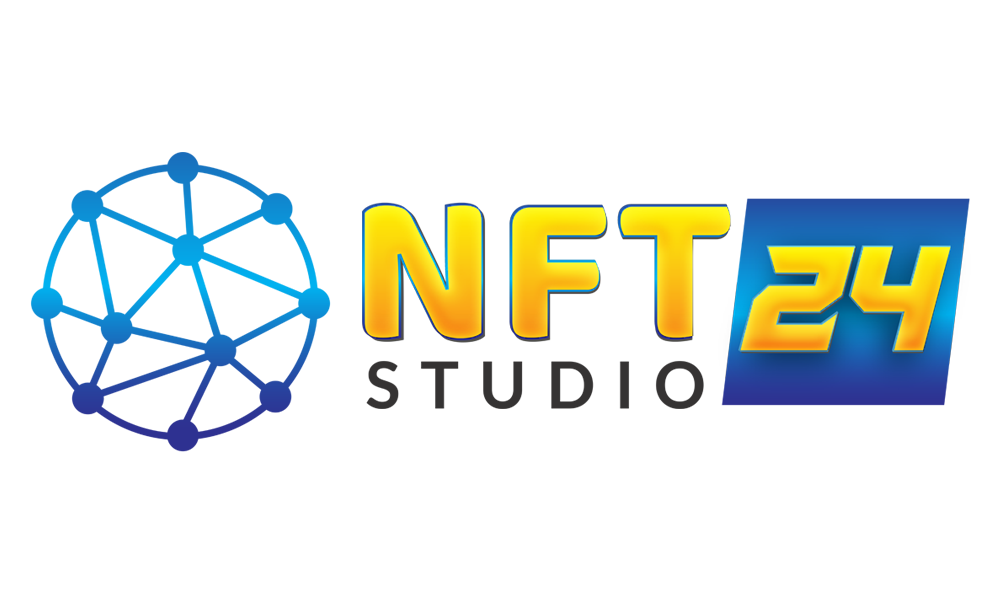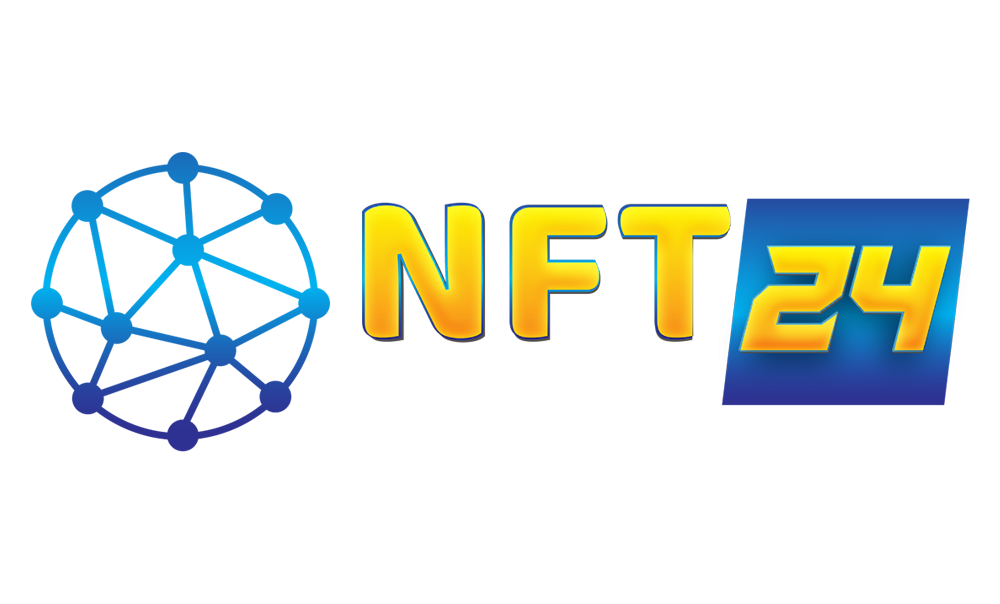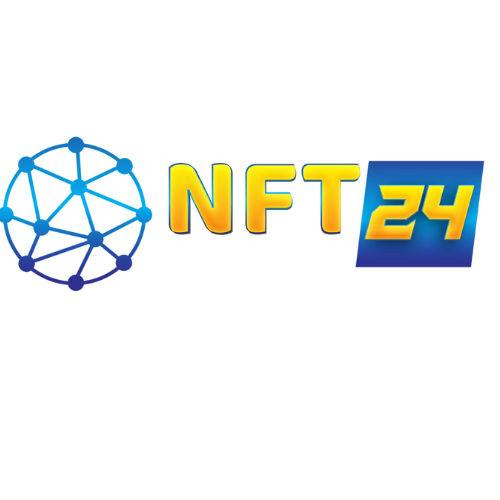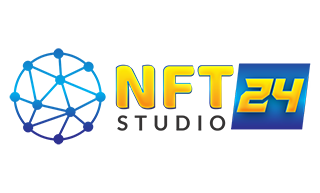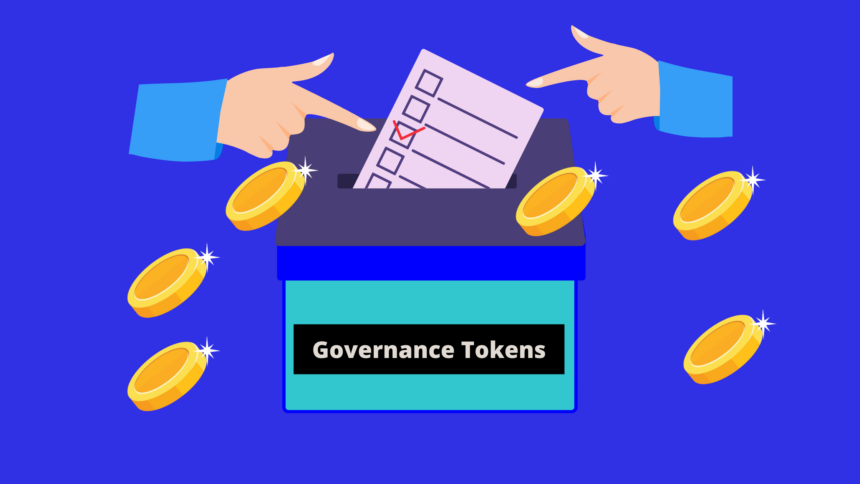In the world of cryptocurrencies, decentralized governance plays a crucial role in ensuring the smooth operation and evolution of blockchain-based platforms. Unlike traditional centralized systems where decisions are made by a central authority, decentralized governance empowers the community to collectively participate in decision-making processes.
Decentralized governance is built on the principles of transparency, inclusivity, and consensus. It allows stakeholders to have a say in the development, management, and improvement of a project, making it a key component for the success and sustainability of any crypto project.
Governance Tokens
One of the fundamental elements of decentralized governance is the use of governance tokens. Governance tokens are digital assets that represent ownership or voting rights in a decentralized protocol or organization. These tokens grant holders the ability to participate in decision-making processes and influence the direction of the project.
By holding governance tokens, crypto project participants can propose and vote on changes to the protocol, suggest improvements, and decide on important matters such as protocol upgrades, implementation of new features, parameter adjustments, and resource allocation. This ensures that the decision-making power is distributed among the community rather than being concentrated in the hands of a central authority.
Tokenized Governance Models
Tokenized governance models enable crypto projects to align the interests of the community with the success of the project. By distributing governance tokens to participants, projects can incentivize active involvement and create a sense of ownership among token holders. This, in turn, strengthens the project’s resilience, as decisions are made collectively and reflect the desires and needs of the community.
Tokenized governance models can vary in their design and implementation. Some projects adopt direct democracy, where each token holder has an equal say in decision-making. Others may utilize delegated voting systems, where token holders can delegate their voting power to trusted individuals or entities. This allows for efficient decision-making and ensures that decisions are made by those with the most knowledge and expertise.
Crypto and Decentralized Governance
Crypto projects have been at the forefront of experimenting with decentralized governance models. The underlying technology of blockchain and cryptocurrencies provides the necessary tools and infrastructure to facilitate transparent and auditable decision-making processes.
Decentralized governance in the crypto space goes beyond voting rights and decision-making power. It also encompasses mechanisms such as on-chain governance, where voting and decision-making take place directly on the blockchain, ensuring transparency and immutability.
Additionally, crypto projects often introduce incentive mechanisms to encourage active participation in governance. These incentives can come in the form of rewards or fee-sharing for those who actively contribute to the project’s governance processes. Such mechanisms further enhance community engagement and reinforce the decentralized nature of the project.
The Importance of Decentralized Governance
Decentralized governance is crucial for several reasons:
- Transparency and Accountability
Decentralized governance ensures transparency and accountability by enabling all stakeholders to participate in decision-making processes. This prevents any single entity from having undue influence or making decisions behind closed doors. Decisions are made collectively, and the processes are open for scrutiny.
- Community Involvement
Decentralized governance encourages active community involvement and empowers individuals to have a voice in shaping the project’s future. Token holders can contribute by proposing ideas, providing feedback, and voting on proposals. This inclusivity fosters a sense of ownership and strengthens the overall resilience of the project.
- Flexibility and Adaptability
Decentralized governance allows for quick adaptation to changing market conditions and emerging challenges. With the ability to propose and vote on changes, crypto projects can respond to the needs and desires of their community in a timely and efficient manner. This flexibility fosters innovation and ensures that projects remain relevant and competitive.
- Trust and Security
Decentralized governance reduces the reliance on centralized authorities and intermediaries, thereby enhancing trust and security. Since decisions are made collectively by the community, there is less potential for malicious intent or corruption. Additionally, the use of blockchain technology ensures immutability and transparency, further enhancing trust in the decision-making processes.
The Future of Decentralized Governance
Decentralized governance has already proven to be a crucial component in the success of many crypto projects. As the crypto space continues to evolve, we can expect to see more innovative governance models and experiments in decentralized decision-making.
One area of ongoing research and development is the integration of decentralized governance with other emerging technologies, such as artificial intelligence and machine learning. These advancements could further enhance the efficiency and effectiveness of decision-making processes within crypto projects.
Moreover, as the adoption of cryptocurrencies and blockchain technology expands, decentralized governance has the potential to extend beyond the realm of crypto projects. Traditional organizations and governments may also explore the benefits of decentralized decision-making and the use of governance tokens.
Conclusion
Decentralized governance and governance tokens are integral to the functioning of crypto projects. By distributing decision-making power among token holders, crypto projects can ensure transparency, inclusivity, and adaptability. The use of blockchain technology further enhances trust and security within these governance systems.
As the crypto space continues to mature, decentralized governance will play an increasingly important role in shaping the future of blockchain-based platforms. By understanding the role of governance tokens and embracing decentralized decision-making, crypto projects can empower their communities and unlock their full potential.
